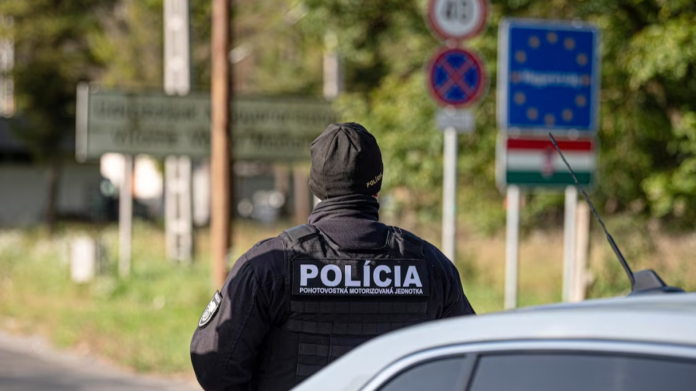Slovakia decided to extend internal border controls with Hungary for another month, until December 23, in response to a surge in migration along the Western Balkans route, SchengenVisaInfo.com reported.
Slovak Interior Minister Matúš Šutaj Eštok stressed the need to fight organised criminal groups involved in human smuggling as one of the arguments in favour of extending the measure. He stated that border controls would prevent any illegal movements.
“Despite the fact that we have recorded a decrease in the number of detained persons who have an unauthorised stay in our territory, we want to continue our vigorous approach to all smugglers and thus continue to send a signal that they will not easily pass through our territory.”
Eštok further stated that by extending border controls, the country wants to ensure the safety of all its citizens, as well as prevent the entry of anyone who might pose a security threat. He also noted that the checks are a response to events in Serbia, where more than 6,000 migrants have been detained, as well as people suspected of smuggling and other criminal activities.
Slovakia initially introduced temporary border controls with Hungary on October 5 this year, following similar measures by Poland, Austria and the Czech Republic. The country has since extended the checks due to the ongoing migration situation.
According to the Slovak Ministry of Interior, between January 1 and November 19, 2023, Slovak authorities apprehended a total of 47,443 people attempting to enter the country illegally. Only last week, a total of 30 illegal migrants had been detained, emphasising the importance of border measures.
Regarding the measure’s application period, the agency reported that since October 5, the authorities had denied entry to 80 persons, of whom 50 were Syrians and 30 were Turks.
Slovakia is not the only country that currently maintains internal border checks. Ten other Schengen member states – Austria, France, Germany, Denmark, Norway, Sweden, Italy, the Czech Republic, Slovenia and Poland – also implement internal border controls.
